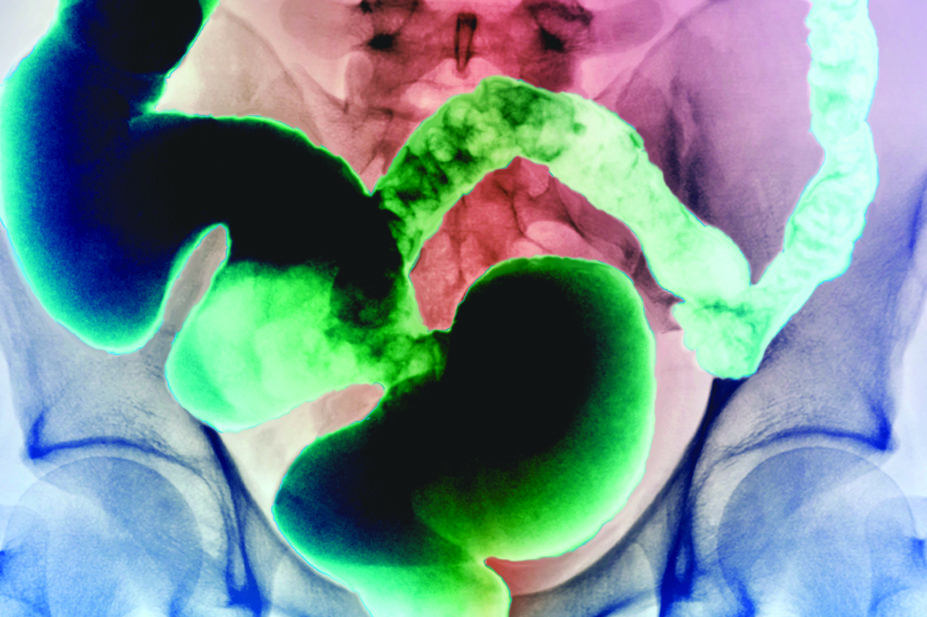
Sovereign, ISM / Science Photo Library
Peripartum antibiotics have been suggested as risk factors for human inflammatory bowel disease (IBD), but a clear causal link between the two has never been proven.
In a study, published in Cell Reports (11 July 2017), researchers examined the temporal impact of the commonly used, broad-spectrum antibiotic cefoperazone on maternal and offspring gut microbiota when administered to IL-10-deficient mice during the peripartum period[1]
.
It was found that exposure to the antibiotic resulted in gut microbial imbalances in the mother, which were then transmitted to their offspring and persisted up to eight weeks after the antibiotic was stopped. These changes were associated with a skewed immune profile in the offspring which left them at a higher risk for the development of spontaneous and chemically induced colitis later in life.
These findings support a potential role of broad-spectrum antibiotics as a risk factor for IBD when used during the peripartum period in genetically susceptible hosts, the researchers conclude.
References
[1] Miyoshi J, Bobe A, Miyoshi S et al. Peripartum antibiotics promote gut dysbiosis, loss of immune tolerance and inflammatory bowel disease in genetically prone offspring. Cell Rep 2017;20, 491–504. doi: 10. 1016/j.celrep.2017.06.060


